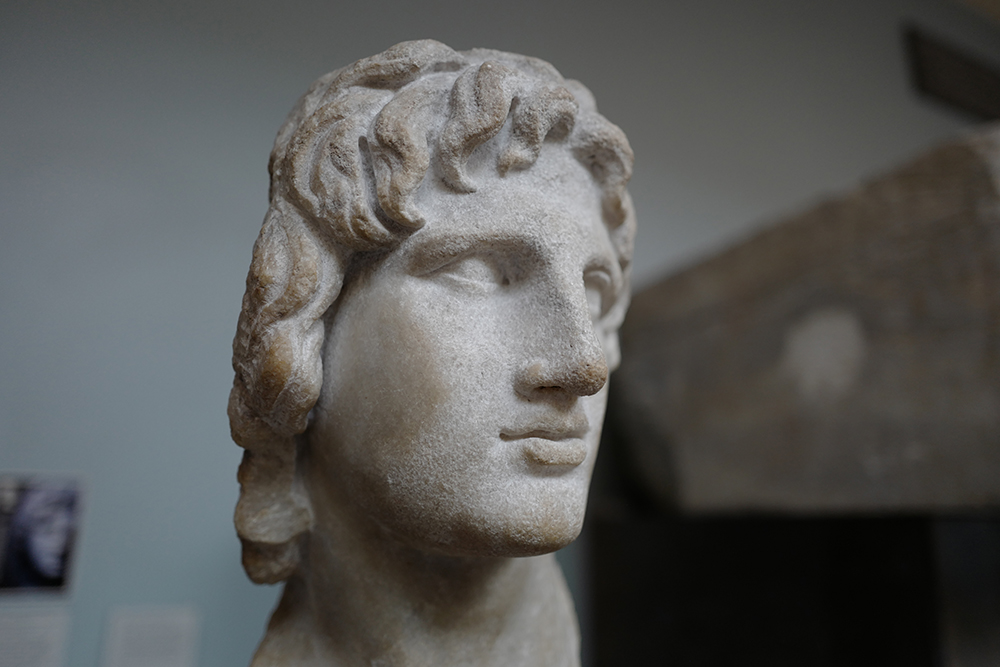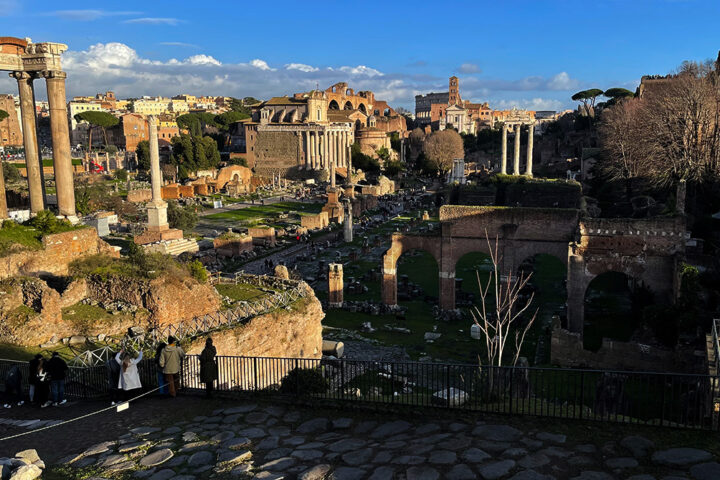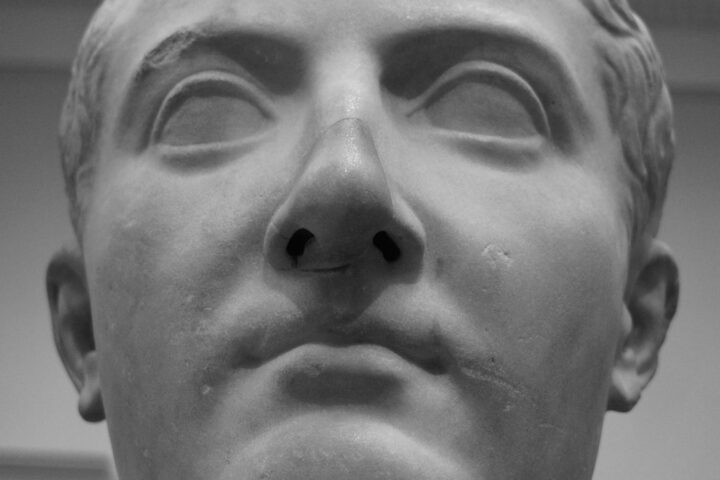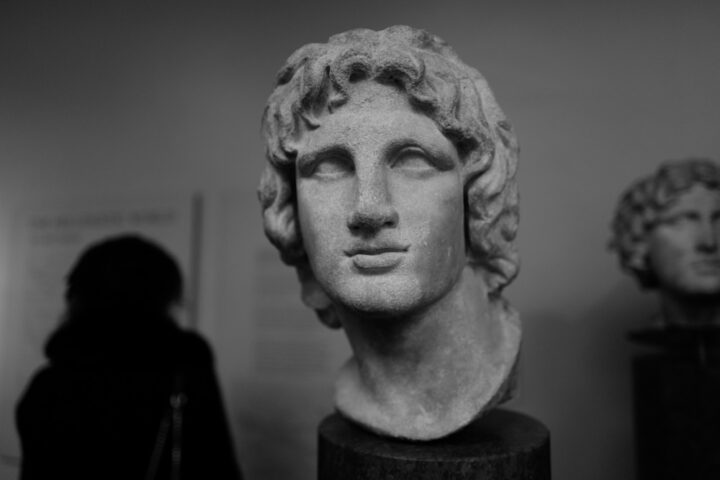Known for his military prowess, strategic brilliance, and conquests that stretched across continents, Alexander is often hailed as one of the greatest military commanders of all time. However, behind the veil of his legendary accomplishments lie a series of mistakes that, though often overshadowed by his victories, offer a fascinating glimpse into the complexities of leadership and ambition. Let’s delve into the lesser-known missteps of the great conqueror and uncover the untold mistakes of Alexander the Great.
Rushing into Battle Unprepared: The Battle of the Hydaspes
One of the most notable mistakes made by Alexander the Great was his impulsive decision to engage in the Battle of the Hydaspes against King Porus of Paurava. Despite facing a formidable opponent with a well-equipped army, Alexander chose to charge into battle without adequate preparation or a clear strategy. This rash decision resulted in heavy casualties among his own troops and a grueling victory that strained his forces. In hindsight, it is clear that a more cautious approach and thorough reconnaissance could have avoided unnecessary losses and secured a more decisive triumph.
Overextending His Empire: The Conquest of India
While Alexander’s conquests spread far and wide, his ambitious foray into the Indian subcontinent proved to be a pivotal moment where he overreached his grasp. Faced with unfamiliar terrain, logistical challenges, and staunch resistance from local rulers, Alexander found himself entangled in a protracted campaign that drained his resources and tested the limits of his empire. The decision to push beyond the perceived boundaries of conquest, without consolidating his gains or securing stable supply lines, ultimately led to the unraveling of his grand vision and sowed the seeds of his empire’s decline.
Neglecting Strategic Alliances: The Revolt of his Generals
Another critical mistake of Alexander the Great was his failure to nurture and maintain strong alliances with his trusted generals and advisors. As his conquests expanded and his power grew, internal dissent and power struggles began to emerge within his inner circle. The lack of effective communication, mutual respect, and shared vision among his key commanders eventually culminated in a series of revolts and betrayals that threatened to tear apart the fabric of his empire. Had Alexander prioritized building enduring relationships and fostering a culture of collaboration, he might have avoided the internal strife that hastened his empire’s fragmentation.
Ignoring Cultural Sensitivities: The Massacre at Tyre
In his zeal for conquest and expansion, Alexander often displayed a disregard for the cultural sensitivities and traditions of the regions he sought to subdue. One poignant example of this was the brutal massacre at the city of Tyre, where Alexander’s forces unleashed a ruthless campaign of destruction that left a deep scar on the local populace and inflamed regional tensions. By failing to respect the customs and heritage of the conquered peoples, Alexander inadvertently alienated potential allies and fueled animosity that undermined his long-term goals of unity and reconciliation.
Lack of Succession Planning: The Aftermath of Alexander’s Death
Perhaps the most enduring mistake of Alexander the Great was his failure to establish a clear and viable succession plan for his empire upon his untimely death. With no designated heir or framework for orderly transition of power, his sudden demise plunged his vast dominions into a chaotic power struggle among his generals, leading to a protracted period of instability and fragmentation known as the Wars of the Diadochi. The absence of a well-defined succession strategy not only jeopardized the stability of his empire but also paved the way for centuries of conflict and division among his successors.
While the name of Alexander the Great resonates through the corridors of history as a paragon of conquest and achievement, a closer examination of his reign reveals a tapestry woven with mistakes and misjudgments that shaped the course of his legacy. By learning from the missteps of this legendary figure, we can glean valuable insights into the subtle nuances of leadership, decision-making, and the enduring impact of human fallibility on the grand stage of history.












